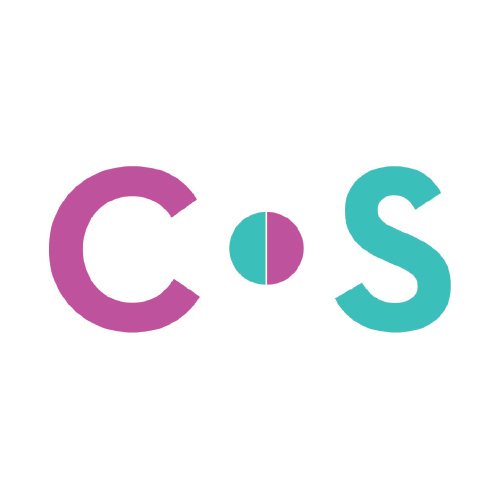The five terms you need to know when becoming an NDIS Disability Support Worker through Careseekers
Starting out as an NDIS Disability Support worker on Careseekers? You will be working directly for NDIS participants and it is important that you understand the ins and outs of the NDIS. There are some terms that constantly get used and so we have written this blog to bring you up to speed.
1) GOALS
An NDIS participant receives their funding based on what their goals are and what supports and services they need to achieve this. Examples of goals include becoming more independent, making friends, learning a new skill. As an NDIS support worker you will be tasked with helping your client achieve their goals. If for example they wish to learn how to use computers you may help them with this either by taking them to a specific class or perhaps if you are a tech whizz showing them how to use one at home.
2) PLANS
An NDIS plan is how a participant receives their funding and it details how their funding can be spent. If you are engaged by a client to deliver support services it means that they have funding in their plan for a support worker. As an independent contractor you are able to set your rates and based on your rate the client will be able to let you know how many hours of support from you they can afford.
3) SUPPORT COORDINATOR
A support coordinator plays an important role in the NDIS. They are there to support participants to make the most of their NDIS funds. Once a Plan has been approved, participants work with Support Coordinators to determine how their funds will be spent and to connect with providers. Support coordinators use the Careseekers platform a lot to find NDIS support workers for their clients. This means that often you will be liaising directly with support coordinators about the role and may have to update them on your client on a weekly or monthly basis.
4) TYPES OF FUNDING - PLAN MANAGED vs SELF MANAGED vs AGENCY MANAGED
As we mentioned above every NDIS participant gets a certain amount of funding from the NDIA ( the amount varies from person to person based on their needs and goals.)
It can get very confusing but it is important you understand how a client is funded as this will affect how you get paid.
If they are agency managed their money gets drawn down direct from the NDIA.
If they are plan managed their funding sits with a plan manager who pays all their invoices on their behalf and keeps track of their budget.
Your invoices will get straight to to a plan manager for payment from the Careseekers platform.
If they are self managed they manage their funding and keep track of their budget themselves and will pay for all their invoices themselves including yours from Careseekers.
5) REVIEWS
Every year an NDIS participant has their plan reviewed to see if they need more or less support/funding or if it should stay the same. There is talk that in the future reviews will take place every three years but at the moment they occur yearly. You may be asked for an update by the client or support coordinator on how the client has progressed over the year and whether their goals are being achieved. It is also helpful to understand when a plan is coming under review as this sometimes causes budgeting issues.
If you want to find out more about the NDIS you can check out the NDIS website which has a wonderful amount of information, resources and videos.
To become an NDIS disability support worker on Careseekers in Sydney, Melbourne, Adelaide, Perth or Brisbane and surrounding areas on Careseekers click here.
The Careseekers Team can also help you with any questions you may have around the NDIS. Chat to them today.
To become a care or support worker, please visit www.careseekers.com.au/carer
To find aged care services, please visit https://www.careseekers.com.au/services/aged-care-workers
To find disability support services, please visit https://www.careseekers.com.au/services/disability-support-workers
